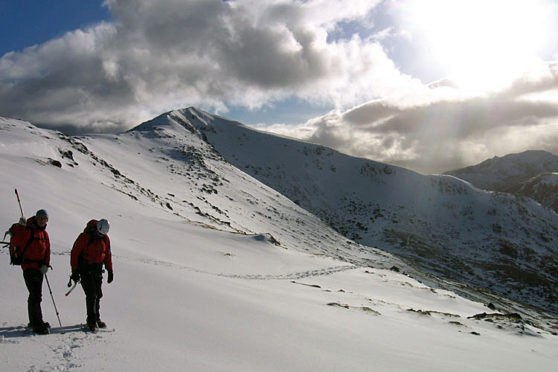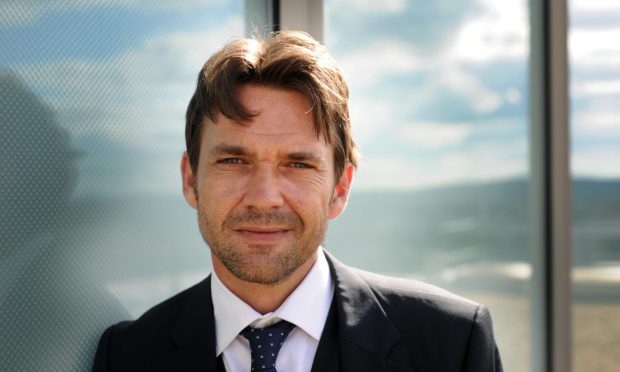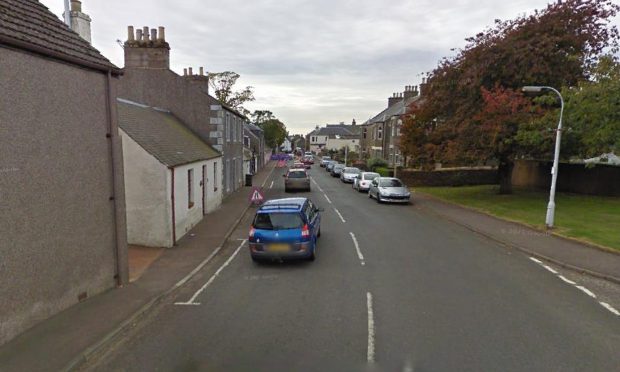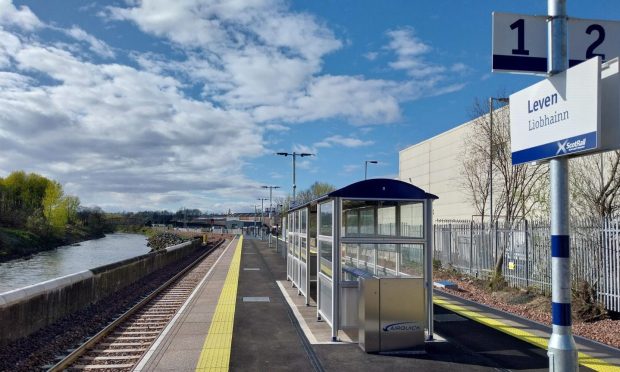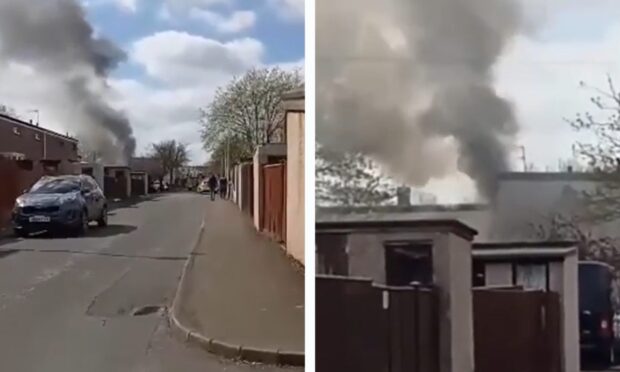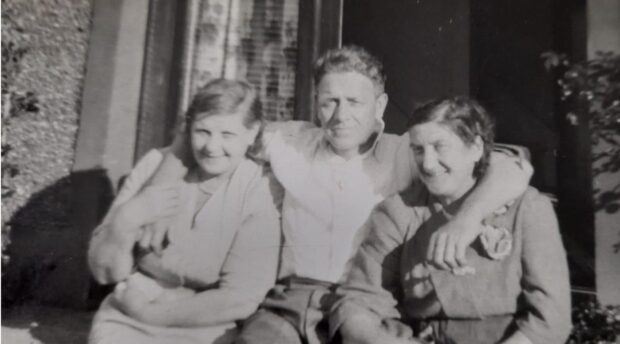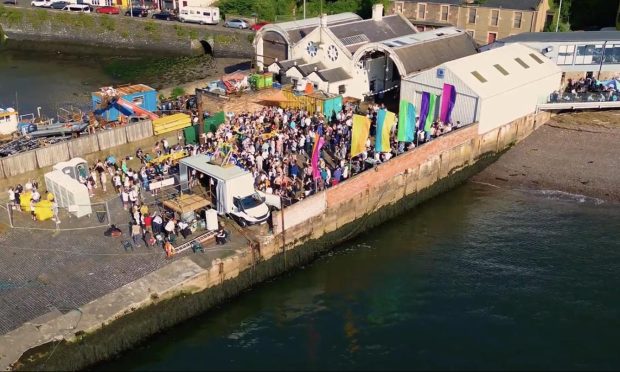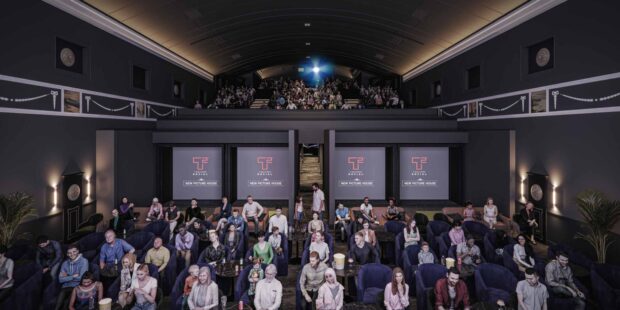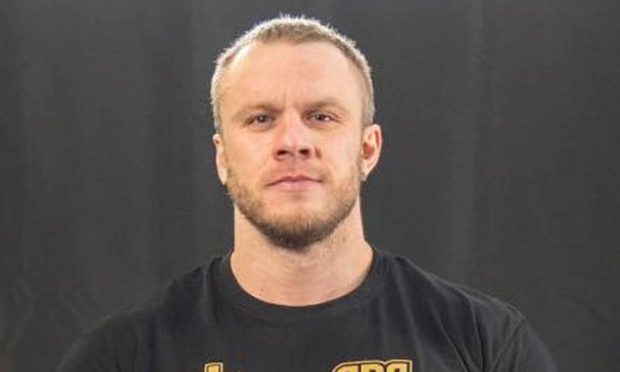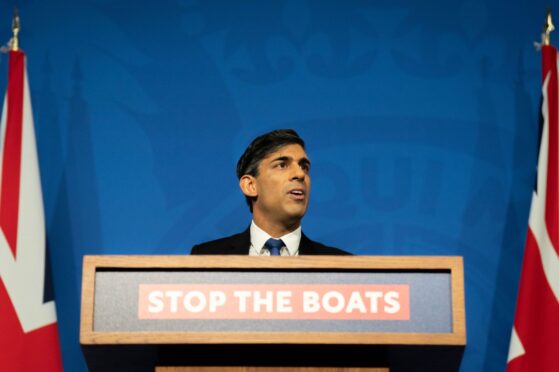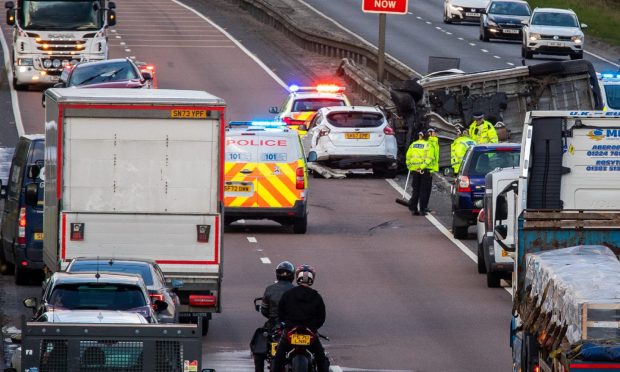Scotland’s mountain rescue teams have accused national air support agencies of “casual disregard” for the safety of volunteers during dangerous missions.
The Tayside team, alongside those in the Cairngorms, Lochaber and Glencoe, say helicopter crews from the coastguard — assisted in co-ordination with Police Scotland — are being instructed not to assist them with the recovery of people who have died in the mountains.
They also claim the agencies “repeatedly” refuse to allow helicopters to take volunteers home from the hills after missions, leaving mountain rescuers to travel miles through dangerous territory unassisted, often while transporting bodies.
The issue stems from the agreement of a new contract with the Maritime and Coastguard Agency (MCA) which, according to the teams, “does not make sufficient provision” for their safety.
Al Gilmour, spokesman for the independent Scottish Mountain Rescue Teams (iSMR), said the actions of the agencies were “wholly unacceptable”.
He said: “The teams have decided that they can no longer accept an apparent casual disregard for the safety of the volunteers.”
The two organisations criticised in the statement issued robust responses to the claims.
The Maritime and Coastguard Agency (MCA),which includes the Aeronautical Rescue Coordination Centre (ARCC), said: “HM Coastguard works with many organisations and thousands of volunteers in the vital work of saving lives at sea, on the coast and overland.
“We value and appreciate the work of all volunteers in search and rescue. We know how much what they do matters.
“We also care greatly for our helicopter crews who often put themselves at great risk to rescue others.
“While the recovery of bodies positively confirmed as deceased is not strictly speaking a search and rescue mission, it is a mission HM Coastguard may support under some circumstances.
“Our crews, when tasked by the helicopter tasking authority – the Aeronautical Rescue Coordination Centre (ARCC) – and in conjunction with the relevant coordinating authority, will attempt to assist the recovery of a dead body if the level of risk to the crews and their passengers, as judged by the ARCC and duty crew, is not considered to be too great.
“This is a dynamic risk assessment conducted on a case-by-case basis taking into account the level of risk.
“We also need to consider the wider impact to our service in diverting critical lifesaving equipment and personnel.
“We may need to delay such a recovery during our busier periods.
“Search and rescue helicopters should not routinely be required to clear the hill as fundamentally, a Mountain Rescue (MR) Team must be able to operate independently and without helicopter support as conditions on the day might mean that our helicopters are simply unable to reach a team on the hill.
“However, in circumstances where an MR Team are on a rescue and where there is a clear risk to the MR Team, the helicopter can be asked to remove them from the area to a place of safety.
“If required, this would be through discussion with the Police Scotland Duty Officer, ARCC Duty Officer and duty crew, taking into consideration other national taskings and balancing the risk to both the teams and helicopter crews.”
Superintendent Carol McGuire from Police Scotland’s Operational Support said: “Police Scotland is the coordinating authority for any land based search and rescue incident in Scotland and can only do this due to the ongoing support from all mountain rescue teams, for which we are grateful.
“We are in ongoing dialogue with the iSMR and all partner agencies in an effort to reach a mutually agreeable solution.”
